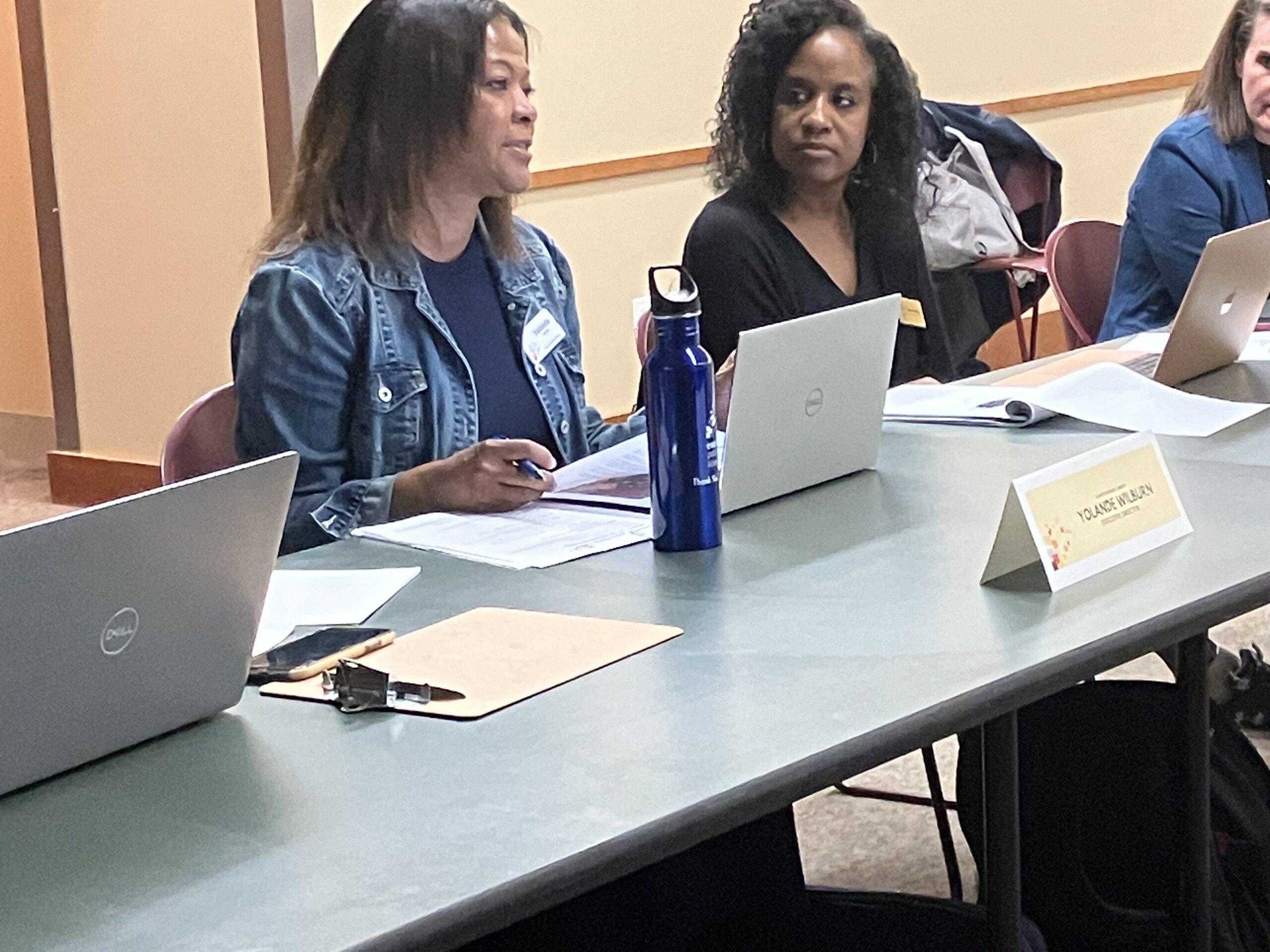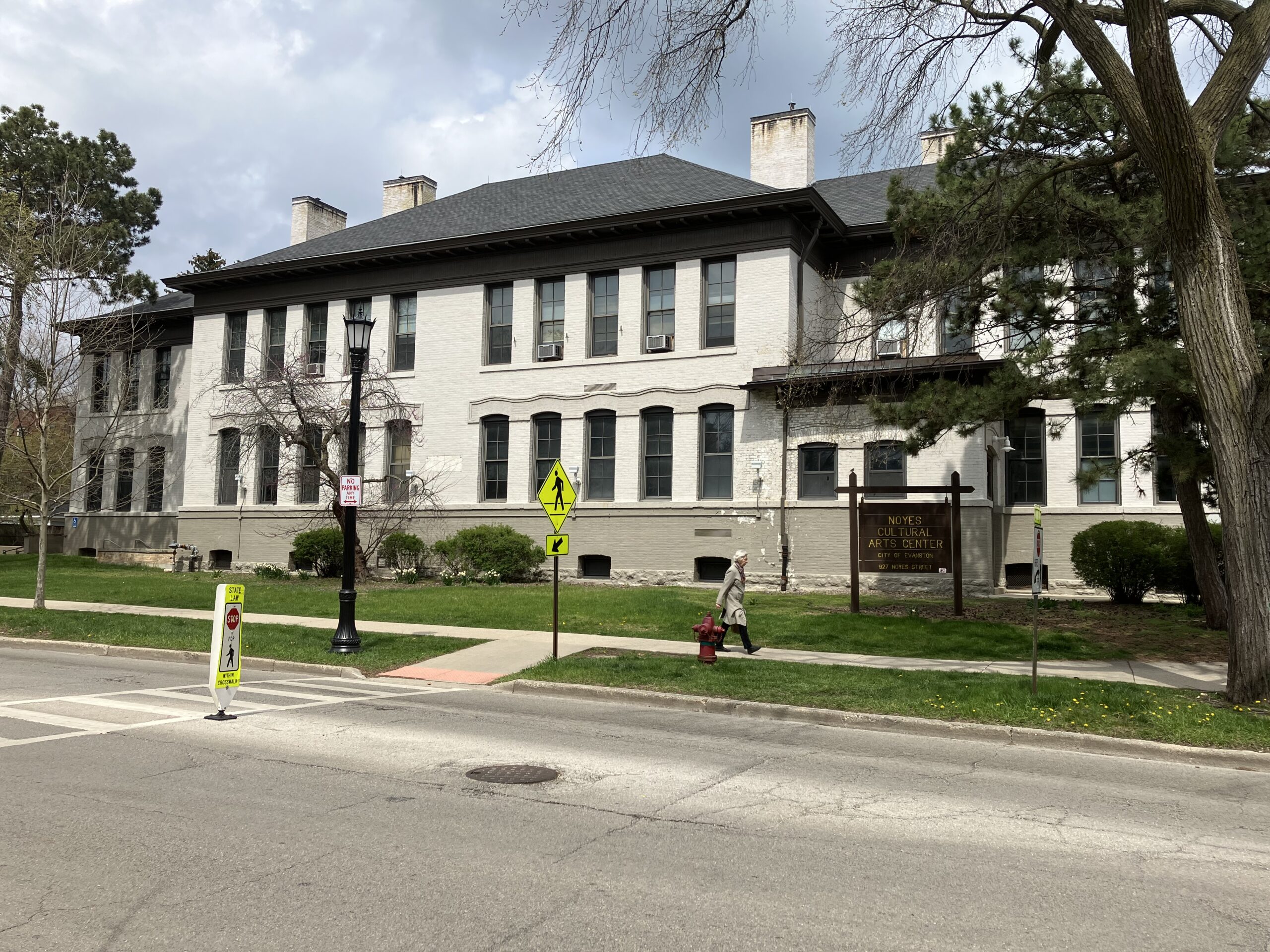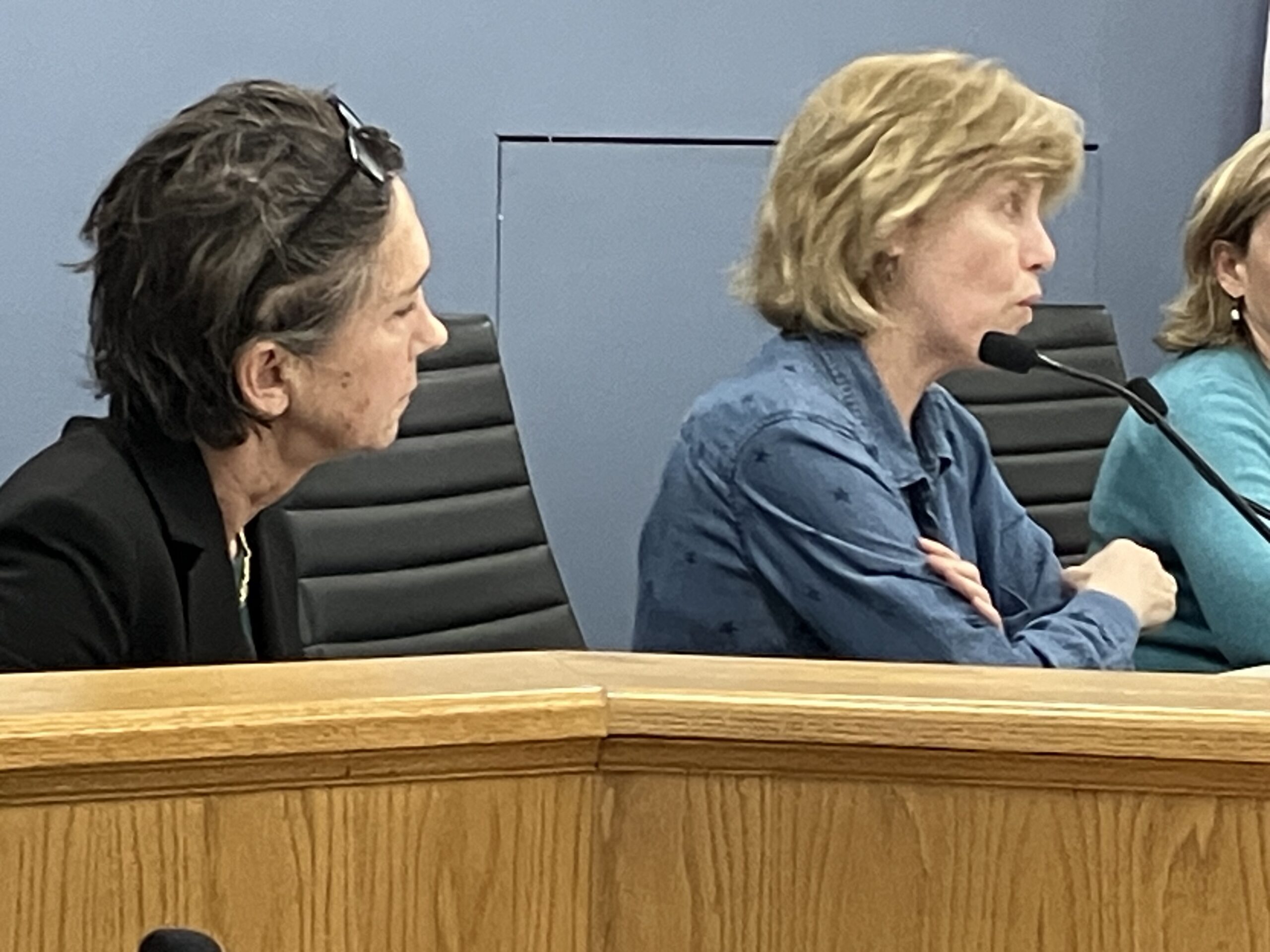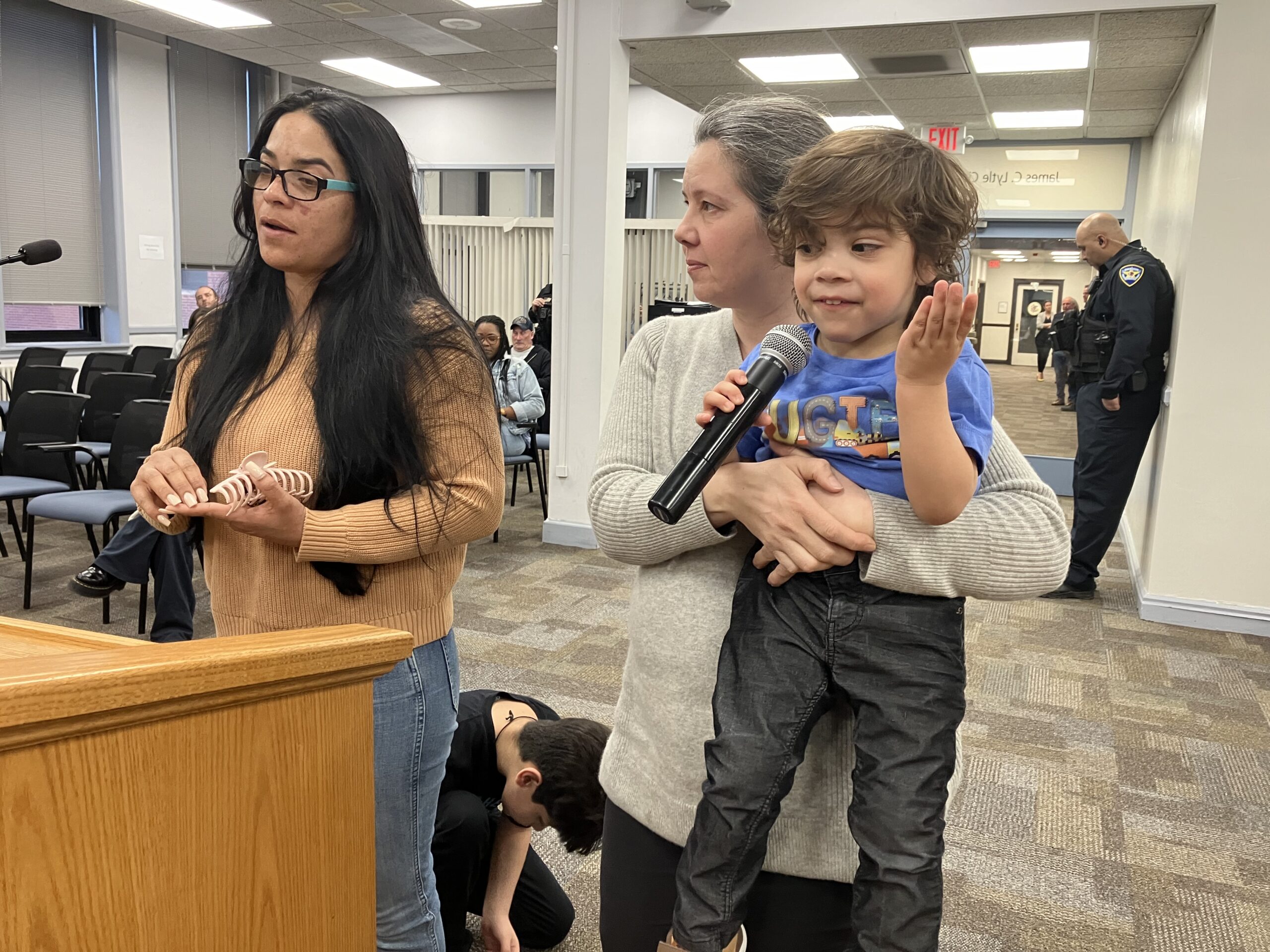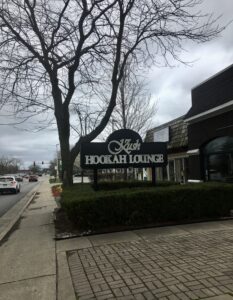
By Bob Seidenberg
Alcohol is not prohibited in Evanston and indeed the substance is “flowing through many livers,” in the city, observed Eighth Ward City Council Member Devon Reid at the city’s April 27 Economic Development Committee (EDC) meeting.
Alcohol also has a number of detrimental health effects, particularly when overconsumed, Reid noted. Yet it is a common cultural practice at public establishments throughout the city for “folks to gather and have a drink together and communicate,” he told members of the committee. He said the same should be true for hookah lounges, which are not permitted uses under current city ordinance.
At the meeting, Reid suggested a cultural bias was at play with the city prohibiting the lounges, allowed in other places, including Skokie.
He had referred the issue to the EDC several months ago, he said, seeking feedback on the potential of updating city code to permit hookah lounges.
“Culturally, particularly within the Muslim community, our Muslim brothers and sisters, it is not permitted by their religion to consume alcohol,” he said at the meeting.
“The hookah lounge is the alternative for that,” he said. “I think we should allow the cultural norm of all our neighbors to be allowed here.” He said the lounges would generate solid tax revenue for the city as well.
Interest may be greater for cannabis lounges
In discussion, several EDC members acknowledged fielding requests from people interested in opening hookah lounges.
“I don’t think the fact that it’s not here in Evanston reduces the amount of people that consume hookah,” said Council Member Bobby Burns, 5th Ward.
“It’s a big thing. People just go elsewhere to do it.”
Burns said he was open to the hookah lounges. He said he had even more interest in cannabis lounges being made legal because of their tie-in to the city’s housing reparations program, which is financed through the local tax on cannabis sales here.
Council Member Peter Braithwaite, 2nd Ward, also acknowledged having received interest. He also stated a preference for cannabis lounges.
He recalled that he was on the council when council members banned smoking at restaurants and remembered the response it received. “I’m not really excited about opening that can of worms,” he said.
Council Member Jonathan Nieuwsma, 4th Ward, said though he wasn’t personally “thrilled about the idea,” of a hookah lounge, he would listen to the idea if someone was to make a case for one.
Eli Klein, one of two at-large EDC members, referred to testimony at the start of the meeting from Donald Zeigler, chair of the Evanston Health Advisory Council, about the dangers of hookah use and its close connection with cigarette smoking.
Klein told committee members he favored cannabis lounges, because “there isn’t, you know, a 40-year body of science outlining significant health risks.”
“When we’re talking about a social situation, particularly now coming out over the last 2½ years, there is a significant demand for more social outlets, for social activities, ways to connect with people,” Klein added. “Allowing one that centers around a very addictive and very harmful substance I find a little troubling.”
Cultural bias claim unwarranted: Wynne
Reid, who said he is not a smoker and is supportive of the changes that banned smoking from public places, such as restaurants, noted that hookah and cannabis lounges are essentially the same thing.
“It’s just a different substance being inhaled,” Reid said.
A hookah lounge would come equipped with its own ventilation system, preventing smoke from traveling to other units, he said.
The people inside the lounges do so “because they are seeking to engage in that activity,” Reid noted.
He said his proposal was aimed at making a community feel welcome.
“If we’re worried about morality and folks becoming addicted and other health and mortality outcomes because of a substance, I would rank alcohol right up there as a very deadly, very detrimental substance to our society,” he said.
“If we agree that we should ban substances because of either moral concerns or because of health concerns,” he said, “I would say we take a similar approach across the board to put our cultural biases aside,” he added.
Committee members didn’t act on Reid’s proposal, which was set for discussion only, showing more interest in visiting the possibility of a cannabis lounge at a future meeting.
Receiving no response to his question of whether the committee was interested in being the hookah lounge issue back, Reid asked: “Are we, for the end of Ramadan [then a few days away] telling our Muslim brothers and sisters that we do not accept their cultural conditions here in Evanston?”
Council Member Melissa Wynne, 3rd Ward, participating in the meeting remotely, stressed that what Reid said was not the statement she was making.
“I think if someone from the Muslim community came forward and expressed a desire to do this and explained it to the council and other members in the community better, then I might do that,” she said.
“But I have to say, I take offense,” she directing her remarks to Reid. “You’re deciding that my decision not to move forward is anti-Muslim. I’m saying that is not what I’m doing. I’m saying I don’t have enough information to make a decision at this point. The information that I do have is that this is the same as tobacco smoking, if not actually more damaging.
“I was on the council when we banned smoking in restaurants, I was part of that entire discussion,” she continued. “And so I don’t have enough information to be interested in moving this forward at this time.”
Apology over incorrect terminology
Reid sent out an email to committee members shortly after the close of the meeting, explaining that he incorrectly used the term “Muslim” when “Middle Eastern people” would have been more accurate. He apologized for conflating the two terms.
“In no way, did I intend to cast anyone as anti-Islamic,” he wrote. “My intention was for us to reflect on our cultural biases.”
Health advisory against smoking
Earlier in the meeting, Zeigler, chair of the city’s Health Advisory Council and also chair of the American Heart Association’s Illinois Advocacy Committee, voiced strong opposition to the concept of a hookah lounge.
“Our city has a long tradition of protecting and promoting public health,” said Zeigler, delivering his statement at the meeting. “We are a leader. We were a leader to ban tobacco smoking in public places years ago, and were the first community in Illinois to pass Tobacco 21 [establishing 21 as the minimum age for tobacco sales].
“Tobacco use is still the leading cause of preventable disease, disability and death in the United States. But tobacco companies profited by targeting our youth and minorities, including by use of flavored tobacco products and glamorizing hookah.
“Nationally, hookah is on the rise among youth and young adults, including Afro-American youth. By exposing them to addictive nicotine and [the] behavior of smoking, hookah use leads to cigarette initiation and long-term addiction, disease and death.
“Although many users think it is less harmful, hookah smoke contains many of the same harmful components found in cigarette smoke, such as nicotine, tar, carbon monoxide and heavy metals.
“Because of the way a hookah is used, in a typical one-hour session, users may inhale 100 to 200 times the amount of smoke they would inhale from a single cigarette. In a single water-pipe session, users are exposed to up to nine times the carbon monoxide and 1.7 times the nicotine of a single cigarette,” he said.
“According to the CDC [Centers for Disease Control and Prevention]. using a hookah to smoke tobacco poses serious health risks to smokers and others exposed to that smoke. These include oral cancer, lung cancer, stomach cancer, cancer of the esophagus, reduced lung function, decreased fertility, clogged arteries and heart disease.
“Moreover, secondhand smoke from hookah is also a health risk for those people in the workplace who do not smoke, so it’s a workplace hazard.”
Zeigler said the city’s Health Department will present its proposed five-year plan to the City Council at the May 2 council meeting.
“Bringing in hookah lounges will only undermine our campaigns to promote health and well-being in Evanston,” he said
